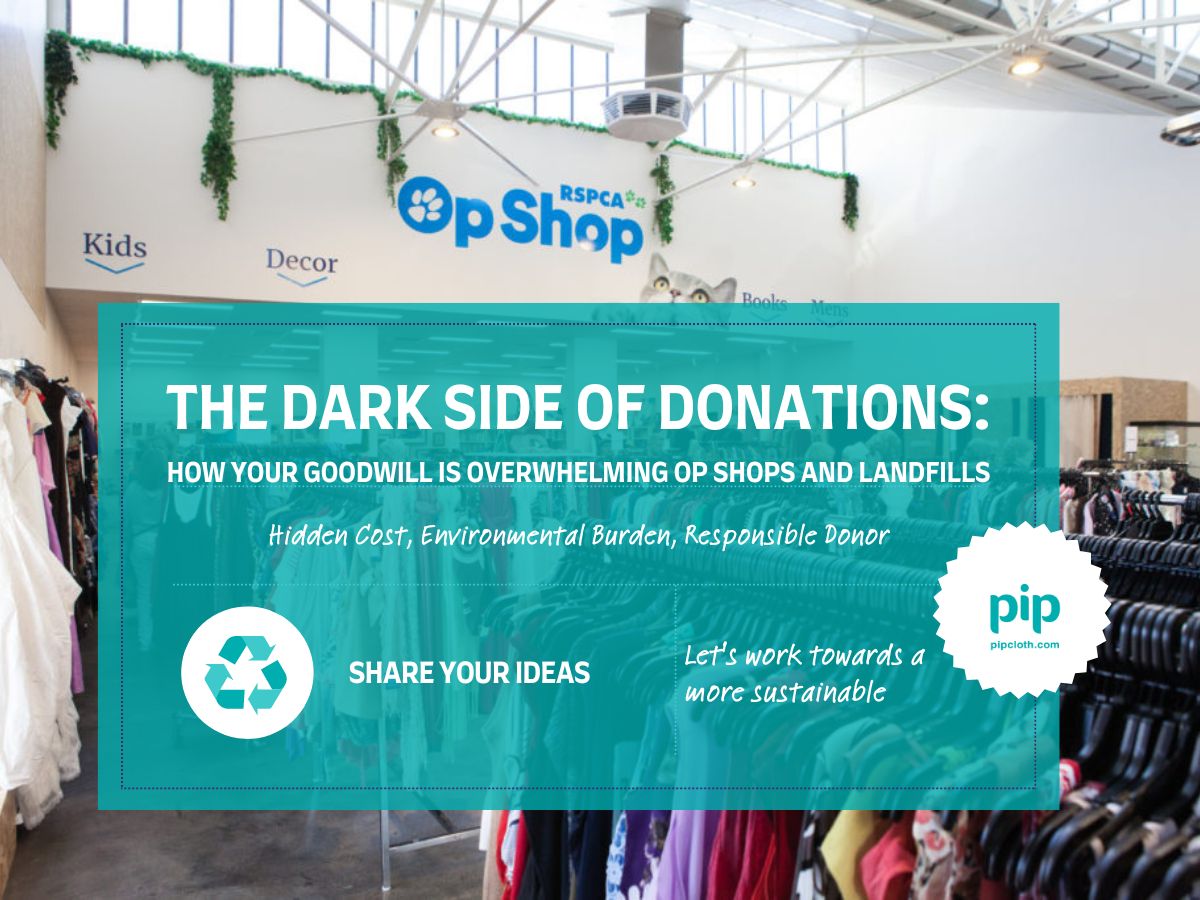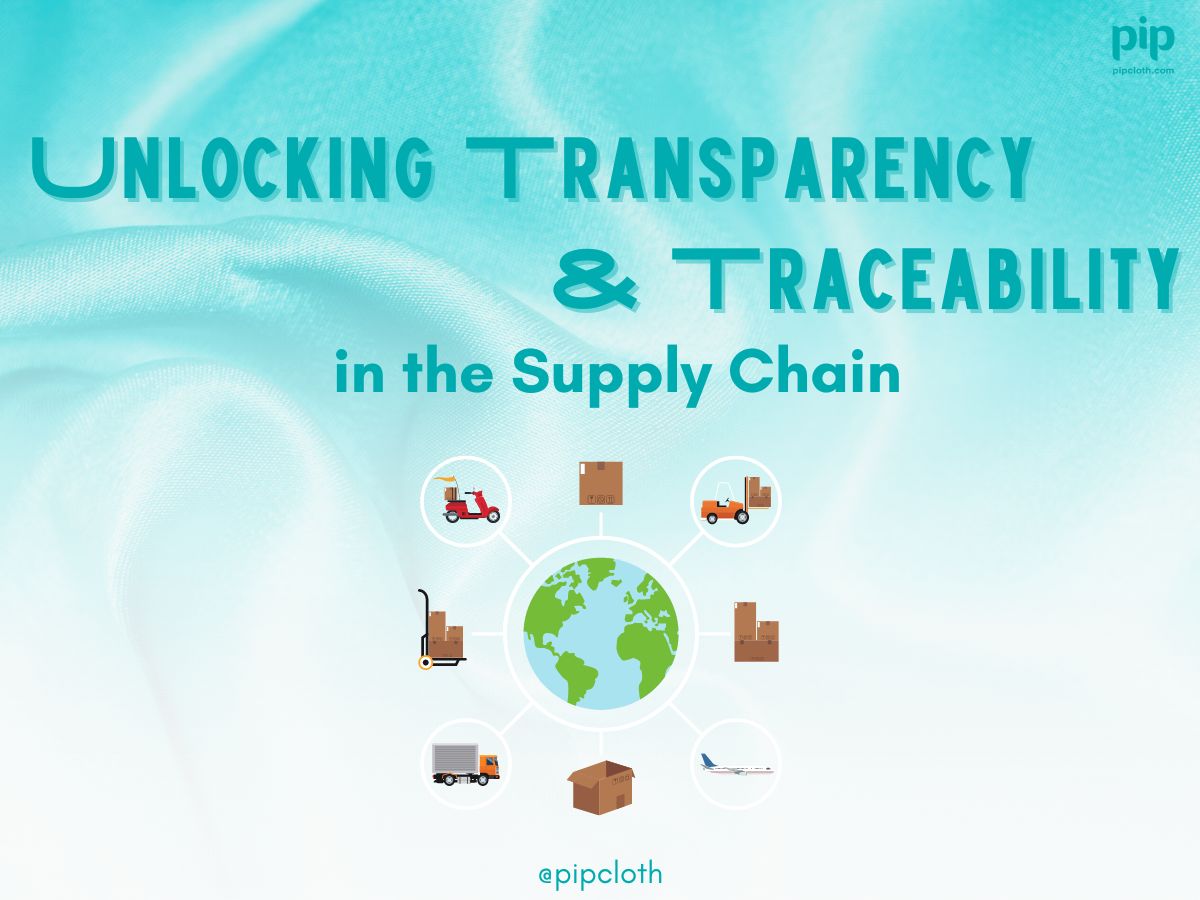Have you ever dropped off a bag of clothes at your local op shop, feeling good about your charitable deed? While your intentions may be pure, the harsh reality is that your donations could be doing more harm than good.
In this eye-opening blog post, we’ll explore the hidden crisis facing Australia’s op shops and the surprising consequences of our well-meaning generosity. Brace yourself for a shocking revelation that will make you rethink the way you donate.
Key points we’ll cover:
- The overwhelming influx of donations at op shops
- The hidden costs of sorting and disposing of unwanted items
- The environmental impact of textile waste
- Alternatives to traditional clothing donations
- How to be a responsible donor
Get ready to dive into the dark side of donations!
Drowning in Donations: The Op Shop Crisis
Op shops across Australia are facing an unprecedented deluge of donations:
- Salvos Stores receive over 1 million donations per week • Vinnies op shops are forced to reject up to 40% of donations due to poor quality or lack of space • Many shops are spending more on waste management than on community programs
The sheer volume of donations is overwhelming staff and volunteers, leading to a backlog of unsorted items and increased operating costs.
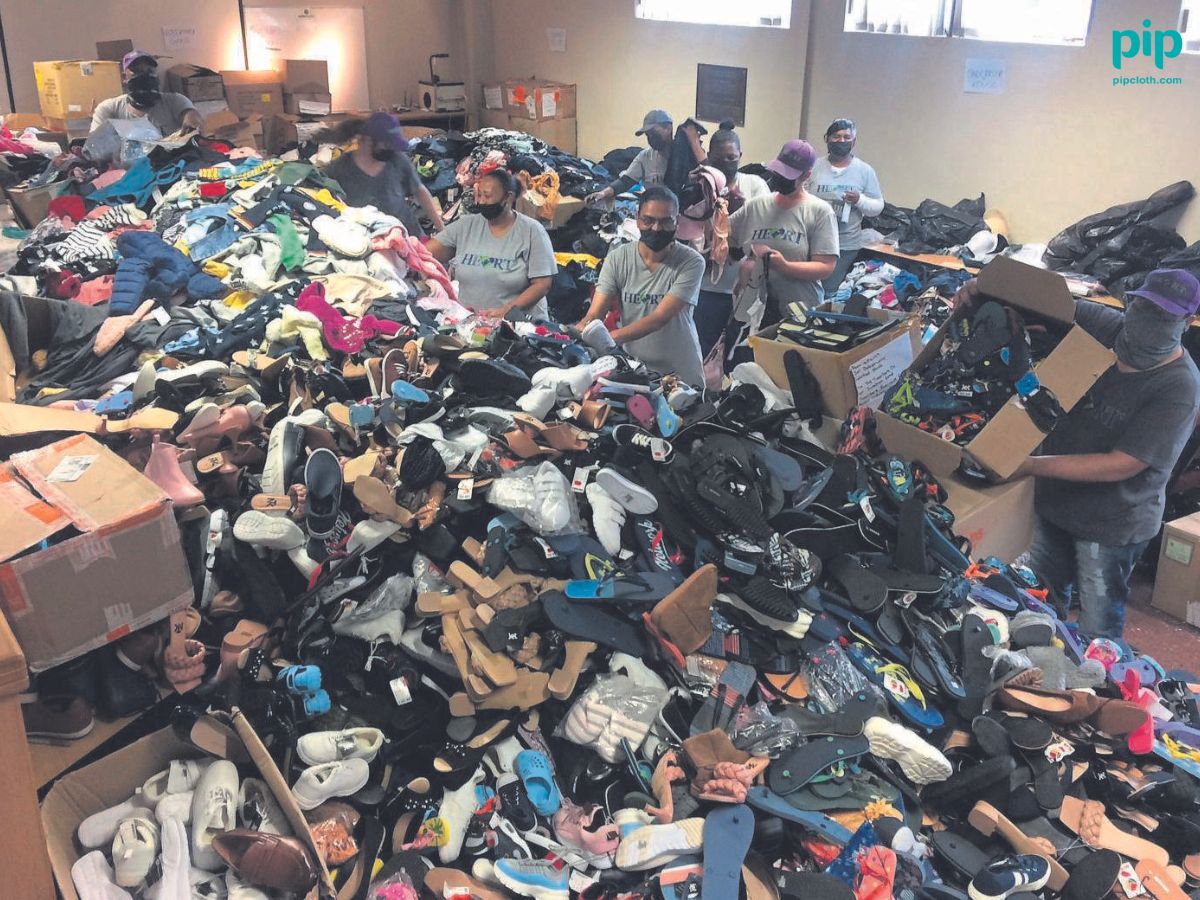
The Hidden Costs of Your Generosity
Processing donations is a labor-intensive and expensive task:
- Op shops spend countless hours sorting through items to determine what can be sold
- Unsellable items must be disposed of, often at the shop’s expense
- Contaminated or hazardous items pose health risks to staff and volunteers
According to a recent study, op shops spend an average of $13 per unsellable donated item, diverting funds away from the charitable causes they support.
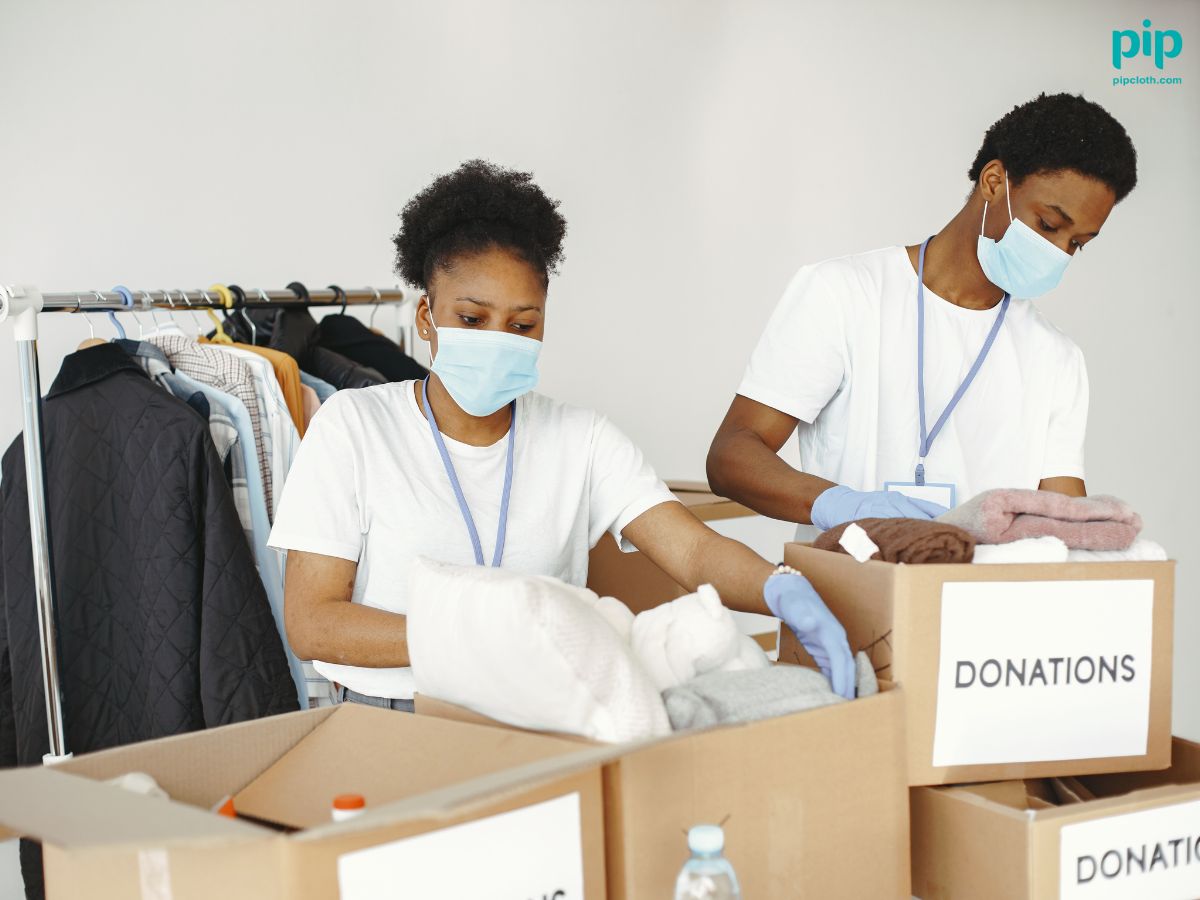
The Environmental Burden
Textile waste is a growing environmental concern:
- Australians send 23 kg of textile waste per person to landfills each year
- Synthetic fibers can take hundreds of years to decompose
- Decomposing clothing releases harmful greenhouse gases
When unsellable clothing ends up in landfills, it contributes to the fast fashion cycle and takes a toll on our planet.
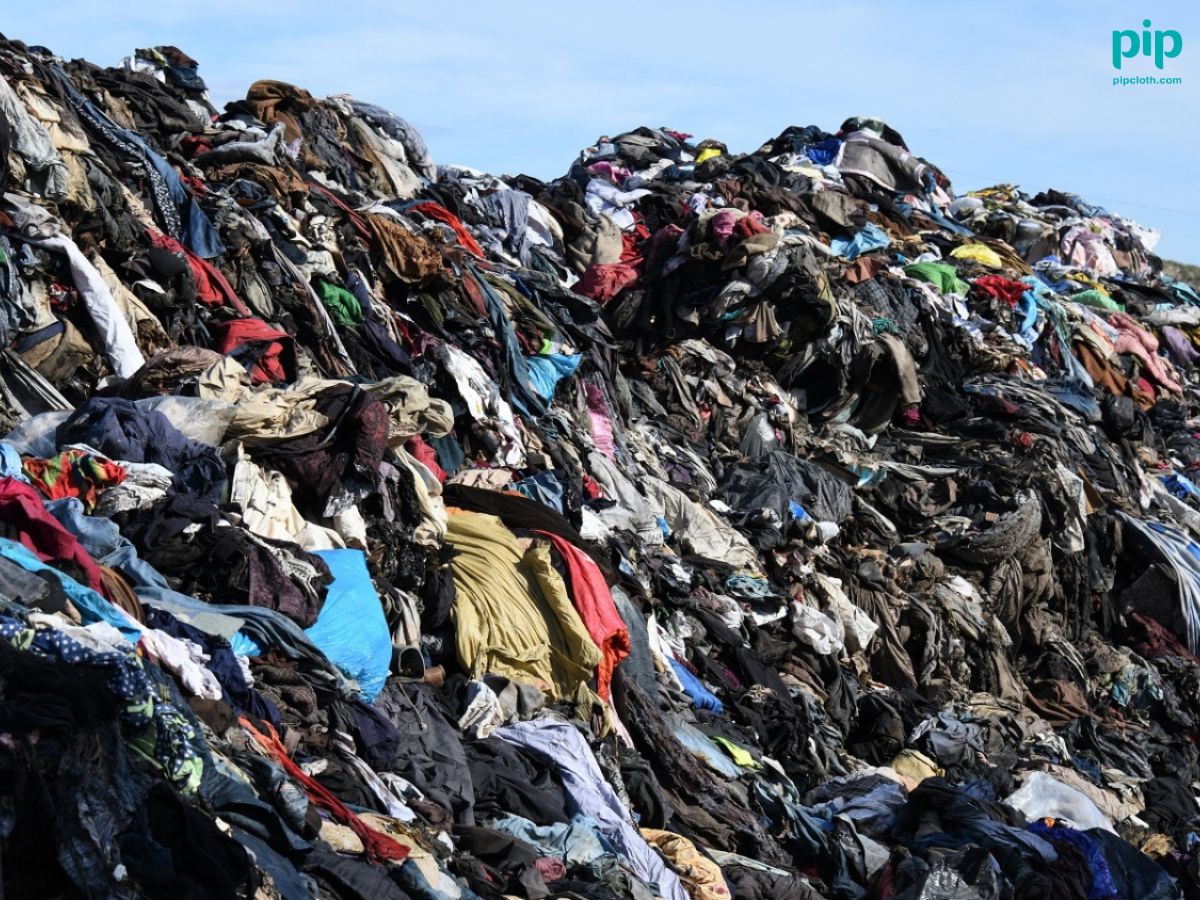
Rethinking Clothing Donations
So, what can you do to ensure your donations make a positive impact? Consider these alternatives:
- Sell or swap clothing online through platforms like Facebook Marketplace or Depop
- Repurpose old items into cleaning rags, reusable bags, or craft projects
- Organize a clothing swap with friends or community members
By exploring these options, you can extend the life of your clothing and reduce the burden on op shops.

Being a Responsible Donor
If you do choose to donate to op shops, follow these guidelines:
- Only donate items that are clean, undamaged, and in good condition
- Check with the op shop beforehand to see what items they accept
- Consider the shop’s location and clientele when selecting items to donate
By being a thoughtful and responsible donor, you can ensure your generosity makes a meaningful difference in your community.
Conclusion
In conclusion, the current state of op shop donations in Australia is a wake-up call for all of us. By understanding the challenges these shops face and exploring alternative ways to give our clothing a second life, we can reduce waste, support our communities, and make a positive impact on the environment.
The next time you’re tempted to drop off a bag of clothes at your local op shop, pause and consider: is this truly an act of generosity, or am I contributing to a growing problem? Together, let’s work towards a more sustainable and effective way to support those in need.
How do you plan to rethink your clothing donations? Share your ideas and experiences in the comments below, and don’t forget to share this post with your friends and family to spread awareness about this important issue.

